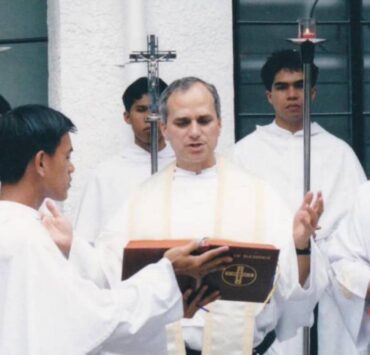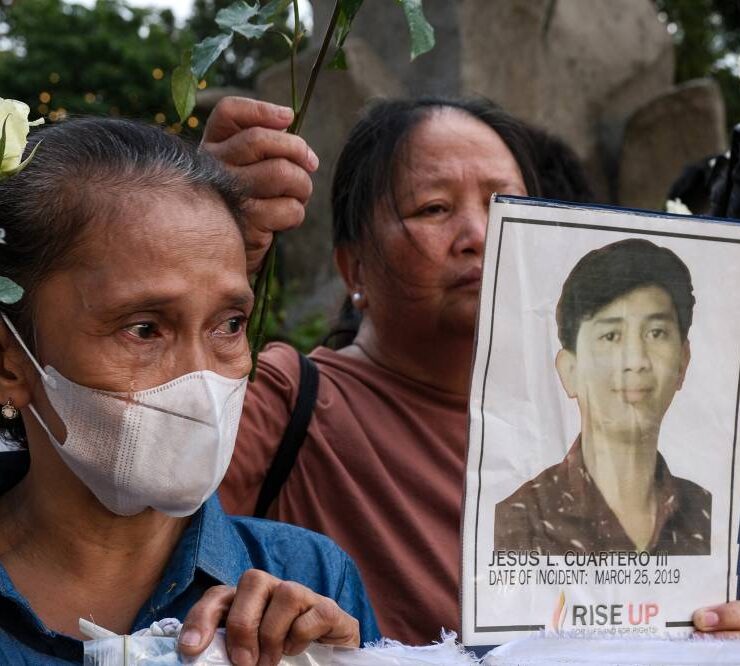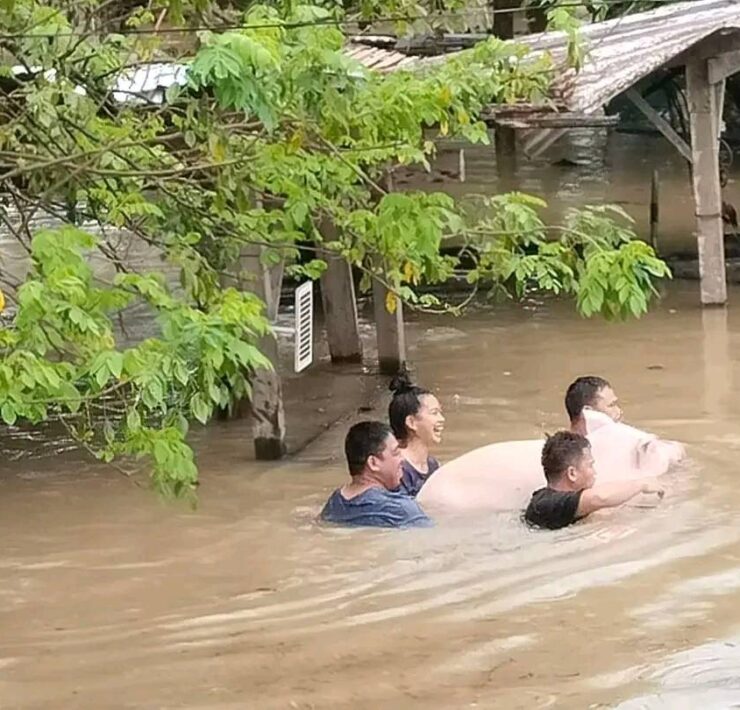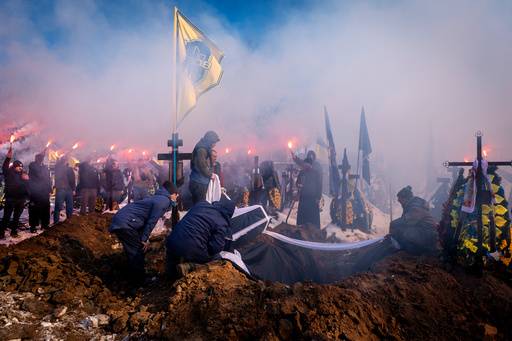2 seniors die in suspected ‘vote-buying’ rush in Zambo
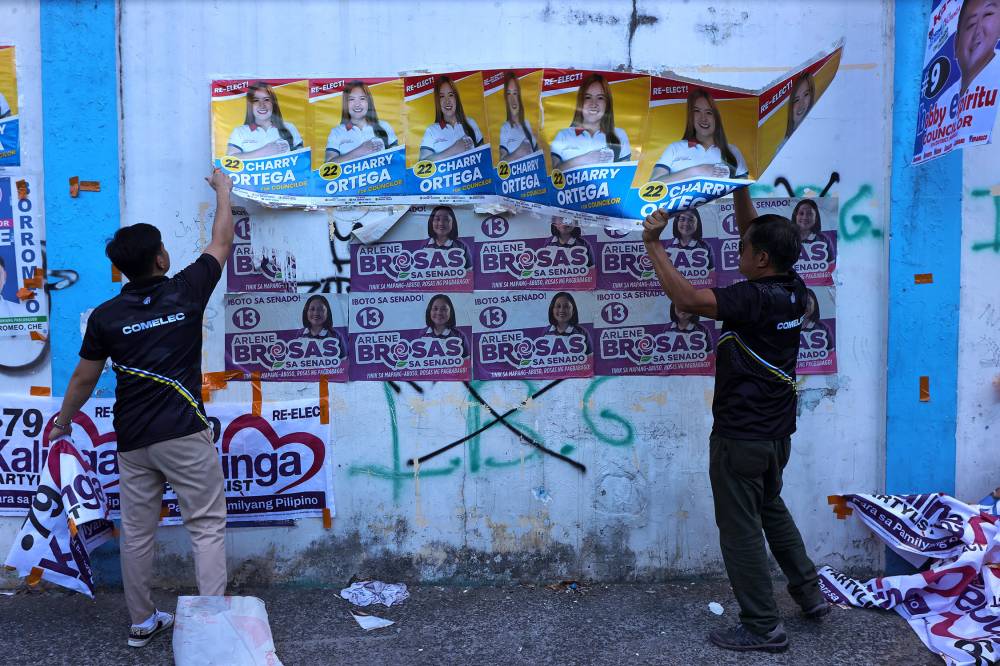
Police and election officials in Zamboanga City are closely watching gatherings of various political groups for supposed poll watchers’ orientation ahead for Monday’s midterm elections to prevent these from being used as a cover for vote-buying after two people died in one large rowdy crowd.
Jan Christian Babiera, election officer of the city’s second district, on Saturday said he had ordered the police to constantly monitor such gatherings to prevent Friday’s tragedy from happening again.
‘Severely overcrowded’
The Zamboanga City Medical Center (ZCMC) said two elderly people—an 80-year-old woman and a 65-year-old man—died after they lost consciousness amid the crowd. The woman was from Baliwasan village and the man was from San Jose Gusu.
A police report said a poll watchers’ orientation meeting held at Royce Convention Center of the Grand Astoria Hotel in Barangay Zone 2 became “severely overcrowded.”
“Amid the dense gathering, two elderly participants reportedly experienced respiratory distress and collapsed,” it said.
Emergency responders tried to revive one of the two at the scene while the other was rushed to ZCMC. Both were declared dead on arrival at the hospital.
The hospital said it treated more than a dozen other people brought in from various locations around the city mostly for dizziness, high blood pressure and loss of consciousness amid the dense crowds.
According to Police Col. Fidel Fortaleza Jr., the acting city police chief, there were gatherings in eight areas around the city, supposedly for the orientation of precinct watchers for a political party, which he did not identify.
These included four hotels, public gyms and private residential compounds.
Babiera said that as the day wore on, authorities noted that the crowds had suspiciously swollen to numbers way beyond what would have been needed for watchers.
Only 566 precincts
At a press conference, he explained that a political party was entitled to two watchers per clustered precinct. Based on the number of precincts set up by the Commission on Elections (Comelec), there should only be a total of 566 clustered precincts, 259 in the first district and 307 in the second district.
“Those who came (to the gatherings) far exceeded the expected number if these were really for the orientation of watchers,” Babiera said.
He said he asked the police to check these large gatherings reported by concerned citizens. It was also suspicious that the gatherings lasted well into the night, Babiera said.
People on various social media platforms reported that there were smaller gatherings in other parts of the city, also allegedly disguised as payouts for watchers’ food and transportation allowances for Monday’s balloting, but these have not all been monitored by authorities.
E-wallets join watch
On Saturday, Police Brig. Gen. Roel Rodolfo, Zamboanga Peninsula police director, called on the public to help the police in monitoring and reporting these gatherings to build a case against those responsible.
To help thwart vote-buying, the Bangko Sentral ng Pilipinas (BSP) issued Memorandum No. M-2025-006, directing banks and nonbanks like mobile wallets to adopt “enhanced surveillance and monitoring measures” of suspicious transactions during the election campaign period.
The move was in line with the Comelec’s efforts to curb vote-buying using digital financial platforms like online banking and mobile applications, such as electronic wallets (e-wallets).
These financial entities were told to tighten existing controls in detecting or preventing the influx of fraudulent accounts and transactions as the Election Day approached.
The BSP said they should submit reports on suspicious transaction to the Anti-Money Laundering Council after due investigation of “complex and unusually” large transactions that were “indicative” of vote-buying and vote-selling.
The memo said financial entities must ensure that they had the appropriate customer onboarding processes, as well as an effective fraud management system (FMS).
Unusual cash flows
Among the possible scenarios that banks and nonbanks must consider in beefing up their FMS is the concentration of account registrations in the locality where vote-buying is reported to be rampant.
The BSP said an effective FMS could monitor large cash transactions and encashment of checks during the election period.
The system must also detect unusual fund flows between accounts, digital banking and digital wallets, including the velocity and frequency of transactions, or large amounts of money being sent to many-to-one or one-to-many accounts.
In March, e-wallet GCash began implementing temporary transaction limits per day to prevent vote-buying among its 90 million customers.
Volume-based
The Ayala-backed fintech platform said in an advisory that its users would receive a notification should they reach the daily cap. GCash did not disclose the exact limit, although it is volume-based, meaning users would be flagged when they send money a certain number of times within 24 hours.
Once the limit is exceeded, they will not be able to use the “express send” and “send via QR” features until the following day.
Limit till May 12
At the same time, GCash said it employed “advanced fraud detection” and antimoney laundering tools to monitor and flag suspicious transactions.
A suspect account will be suspended and GCash will report it to the appropriate authorities.
The daily transaction limit will be in place until May 12, Election Day, and lifted the following day.
“As the election period approaches, we will remain vigilant, leveraging advanced detection measures to monitor and flag suspicious transactions,” GCash chief risk officer Ingrid Beroña said.
GCash declined to disclose whether it had already detected cases of vote-buying over the past two months.














